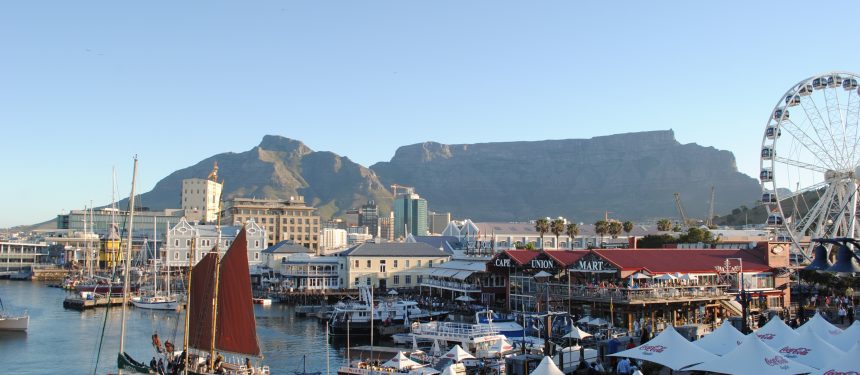South Africa’s ELT industry has recovered from the 2015 fall and is growing again, latest EduSA statistics show.
News and business analysis for Professionals in International Education
Have some pie!
South Africa: EduSA says ELT student intake back to pre-crisis numbers
 EduSA is hopeful accreditation will come soon. Photo: Nike159/ Pixabay
EduSA is hopeful accreditation will come soon. Photo: Nike159/ Pixabay Both student numbers and student weeks show a double-digit percentage growth since last year, increasing by 15 and 16 points respectively.
This means student numbers are about the same as they were in 2014, before the introduction of an immigration policy that made it harder for English language students to obtain a student visa to South Africa. As a result, student numbers fell by 28% in a year.
Student weeks instead not only recuperated by the 30% lost in 2015, but also show an overall growth of 7% since 2014.
“If you compare the 2017 figures with 2014, they are very similar,” Education South Africa Chair Johannes Kraus told The PIE News. “Almost copied!”
“We are still struggling with some embassies overseas who don’t accept our current status”
The sizeable increase in student number and student weeks observed since 2015 is an effect of the recovery from the visa issues the industry experienced in 2015, Kraus explained.
In May 2014, visa regulations to South Africa were amended and only students enrolling in ‘learning institutions’ could apply for study permits.
Language schools were not registered with the Department of Education and Training as learning institutions, and this meant that students could not get study permits to study English in South Africa.
This made figures plunge in 2015. Schools, Kraus explained, found a way around this by enrolling students on renewable visitor visas and that started a recovery.
But source countries that citizens needed a visa to enter South Africa, and traditional long-term markets were still down.
In 2016 EduSA took the government to court and won a settlement that gave language schools a provisional status to qualify as learning institutions, provided that they registered and obtained accreditation within two years.
Embassies started issuing study permits again and numbers picked up, explained Kraus, while EduSA applied for accreditation.
“To have an ICEF Workshop in Cape Town is fabulous”
“We have decided to go the route together, which means the individual schools are not applying for an accreditation report,” said Kraus.
“We as the language school association applied for it and the schools are ‘sites of delivery’, if you like.”
Although things are moving slowly, Kraus said the accreditation should come sometime in the next few months and it will open up the road for the EFL industry to achieve recognition by the government.
“Our industry has never been officially registered… because the government doesn’t really know about us,” he said. “This had to happen now,” he added.
“There was always a box missing in the education system. The department of education and training said ‘Ok, why don’t you register for that qualification, which is very similar to what you are doing, so you can get your accreditation status right and then afterwards we can establish an EFL accreditation’,” Kraus explained.
This will remove the last doubts from embassies which still don’t issue study permits for students to pursue language courses in South Africa.
“We are still struggling with some embassies overseas who don’t accept our current status and were not aware of the deal, especially in Africa,” Kraus said.
The language school association is now looking forward to the ICEF Africa Workshop, which will take place in Cape Town in May 2018.
“It’s the first time that one of the major players in the industry is going to have a travel agent workshop in Africa. To have that in Cape Town is fabulous,” Kraus said.
The PIE has condensed three years of industry figures in a series of interactive graphs, showing the trajectories of student numbers and student weeks over the period 2014-2017 – head to our Insider section.
Still looking? Find by category:


